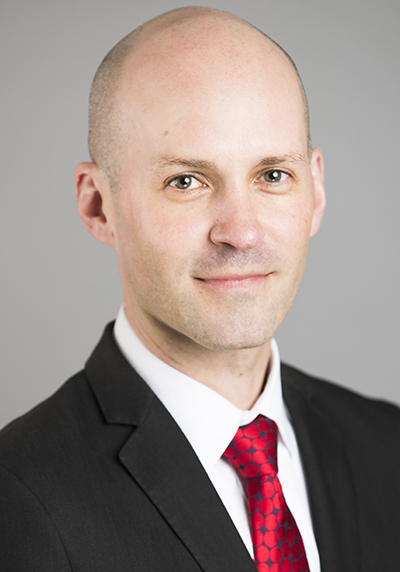
For gay, bisexual and queer men, research suggests that stress from discrimination and homophobia can lead to poor mental and sexual health.
Nathan Grant Smith, an associate professor at the University of Houston College of Education, has developed a program called Project PRIDE to help lower such stress and improve the well-being of this historically marginalized group of men. The project includes specially designed workshops focused on coping strategies, and early findings indicate that the program has had a positive impact on participants.
Now, Smith is working to expand Project PRIDE as part of a federally funded study.
“We can’t change homophobia, but we can engage in adaptive coping strategies that change the way we feel about it,” said Smith, who chairs the College’s Department of Psychological, Health, & Learning Sciences.
Project PRIDE, which stands for Promoting Resilience In Discriminatory Environments, is designed for men between 18 and 25 who are HIV negative or unaware of their status. Participants attend group meetings once a week for two months and learn ways to manage stress, including mindfulness and connecting with others. Trained facilitators lead the sessions, and participants have a safe space to connect and vent.
According to Project PRIDE’s research, experiencing minority stress from discrimination can negatively impact the mental health of young gay, bisexual and queer men; this may push them toward substance use and risky sexual behaviors that can lead to sexually transmitted infections like HIV.
In 2017, adult and adolescent gay and bisexual men in the United States and dependent areas made up 70% of new HIV diagnoses, according to the Centers for Disease Control and Prevention.
Through his work, Smith said he has found that feeling marginalized or targeted is a “universal experience among queer folk.”
“Having a place to talk about those experiences has been helpful for the participants of the program,” he said.
For example, a 21-year-old Black bisexual participant, identified only as Matthew to protect his privacy, said he was nervous about coming out to his coworkers. Rather than turning to destructive behaviors such as alcohol or unprotected sex, he worked with a Project PRIDE facilitator to find a better way to deal with stress; he decided to enroll in a creative arts class.
By the end of the eight-week program, Matthew reported drinking less, making new friends and applying the coping strategies he learned.
Overall, after participating in the pilot study, the men generally reported that their self-esteem increased, and their rate of depression, loneliness, amount of substance abuse and number of sex partners decreased.
Smith developed the workshop model with Trevor Hart, a professor of psychology at Ryerson University in Toronto. The pilot study was conducted in Canada.
Ultimately, Smith said he feels optimistic about Project PRIDE’s potential to make a significant impact. Because the facilitators undergo research-based training and do not have to be psychologists or counselors, the program could be implemented on a larger scale by community agencies that serve gay, bisexual and queer men but lack certified staffing.
“It’s been challenging recruiting participants, but it’s been good to do something in the LGBTQ community that is aimed at lifting up the voices of young gay, bisexual and queer men,” Smith said.
— By Lillian Hoang